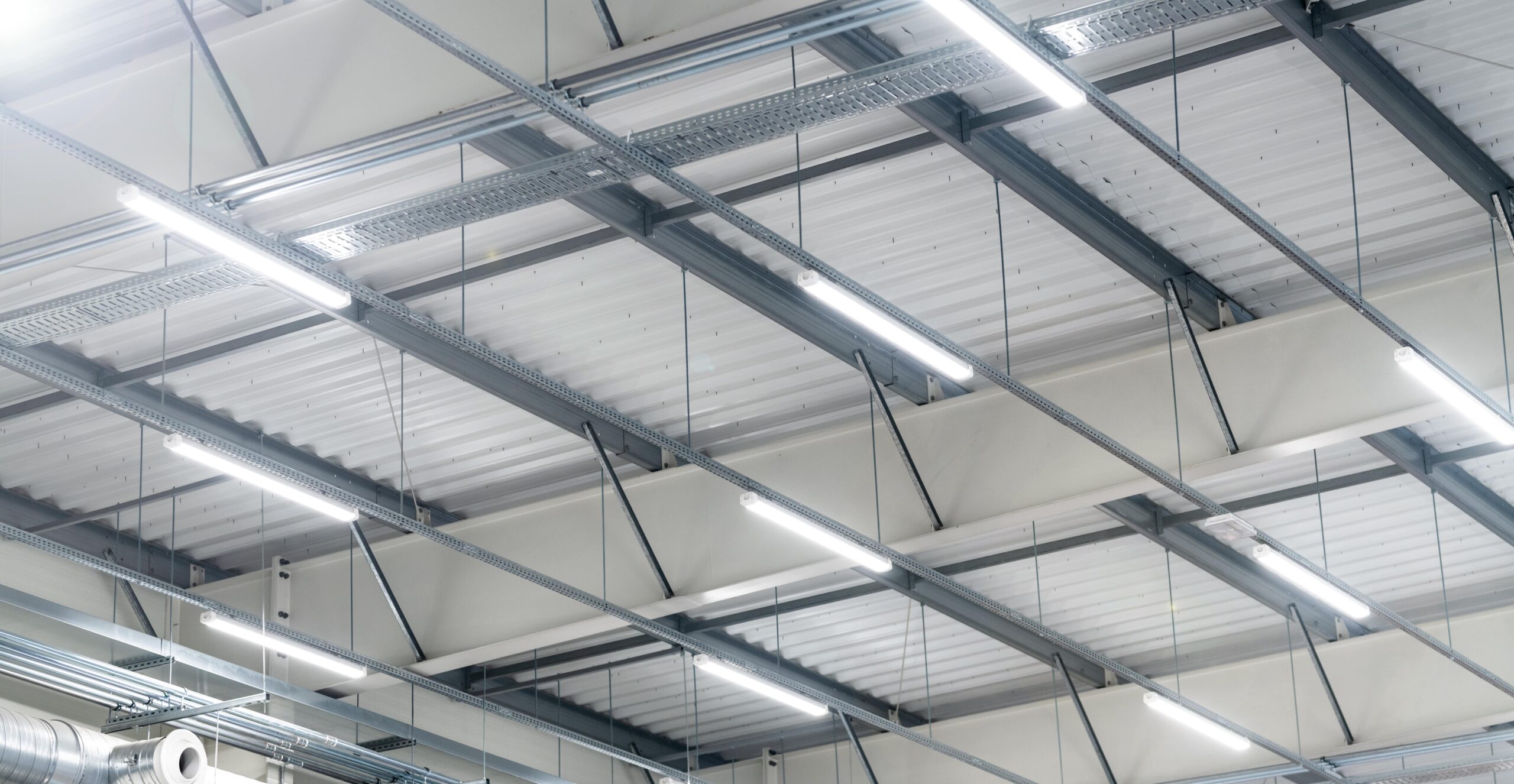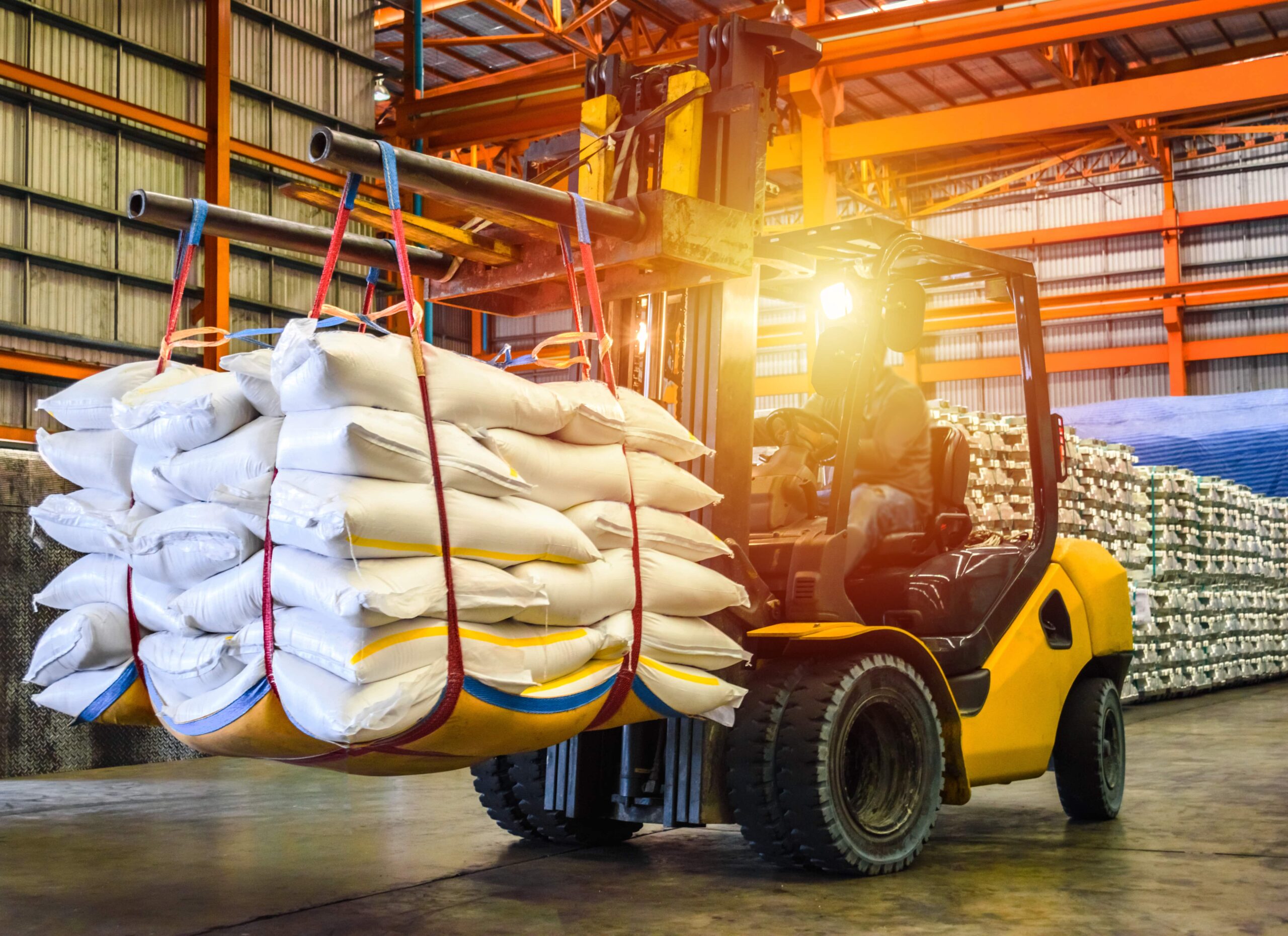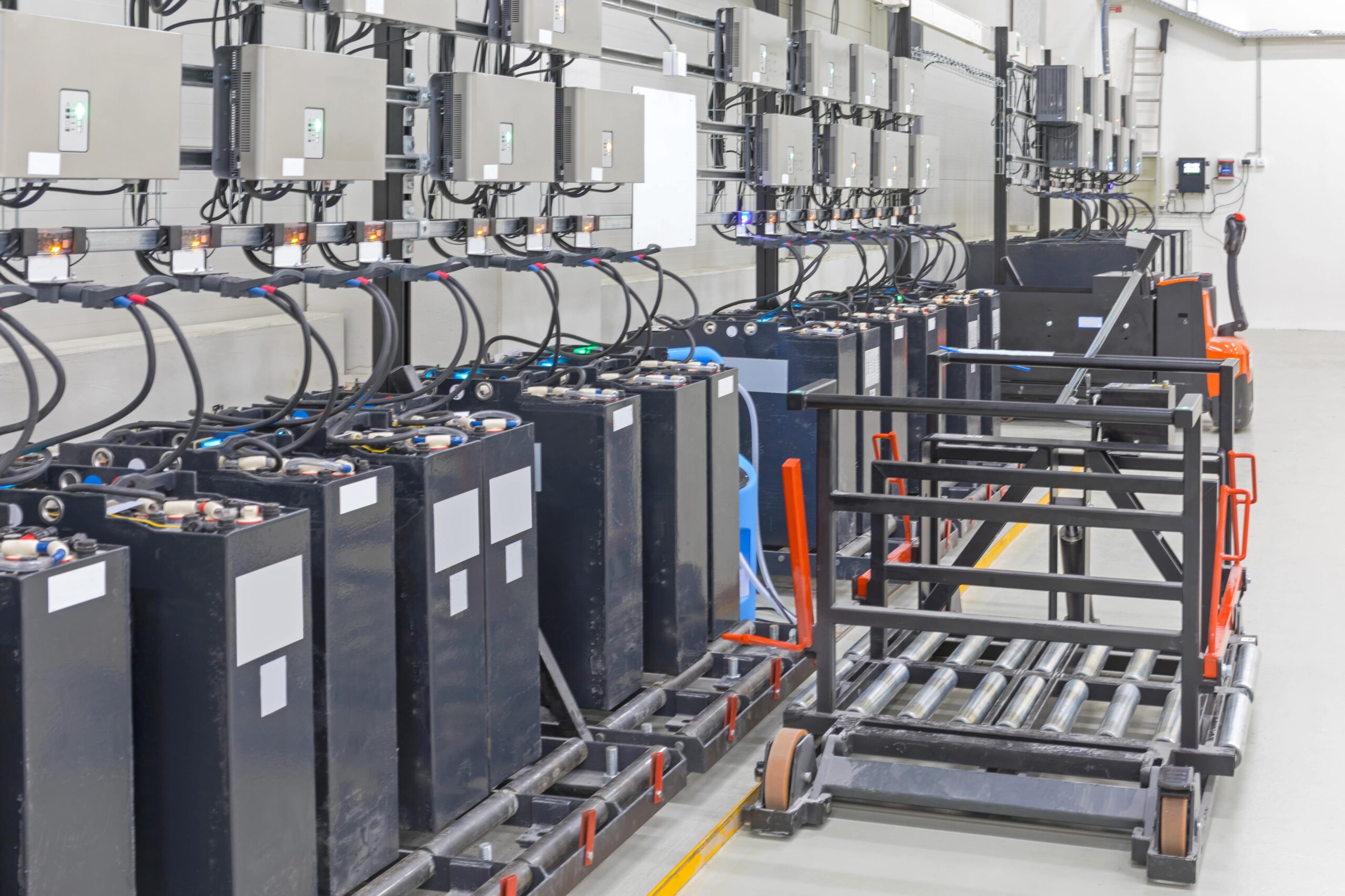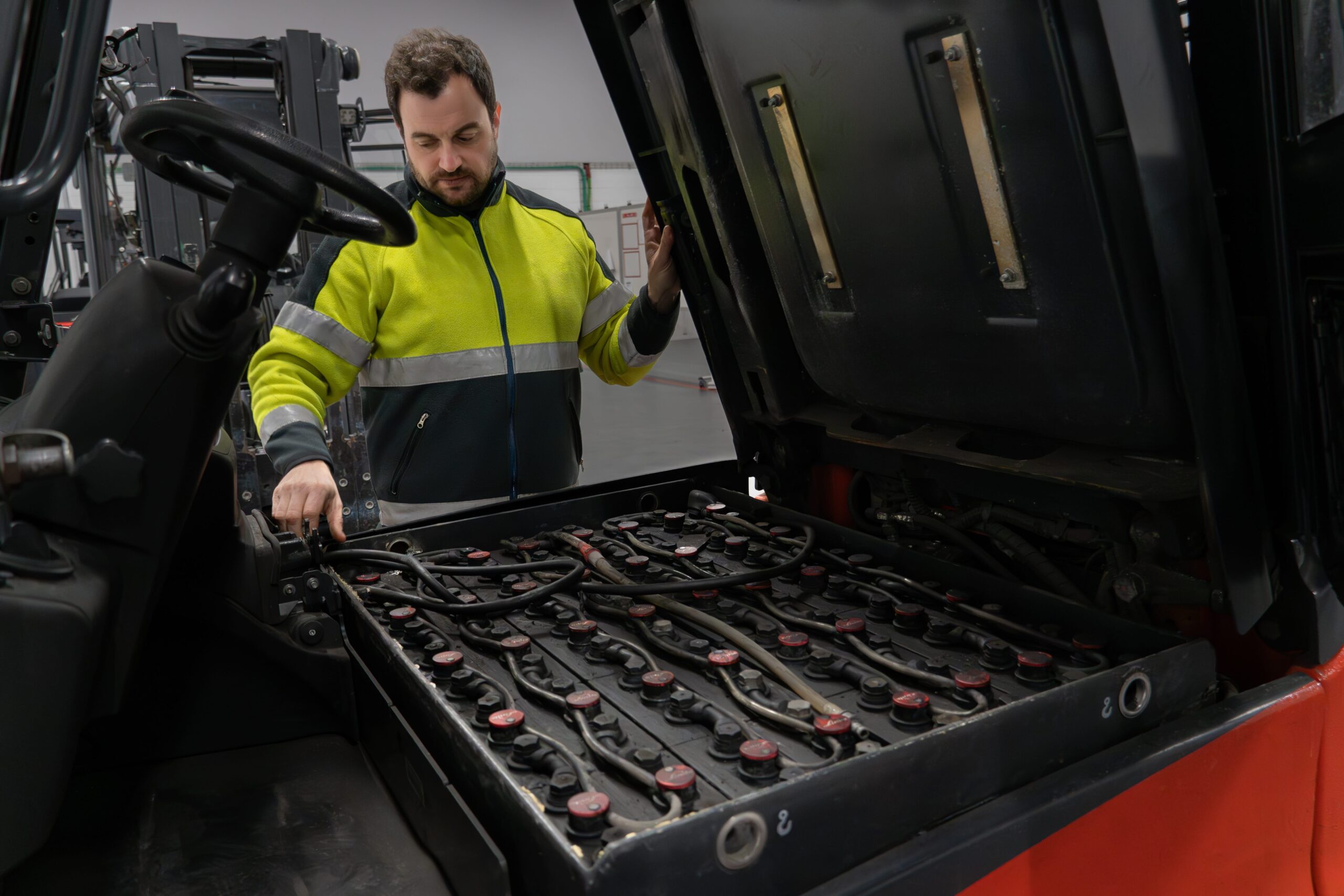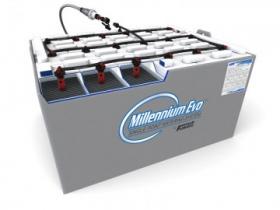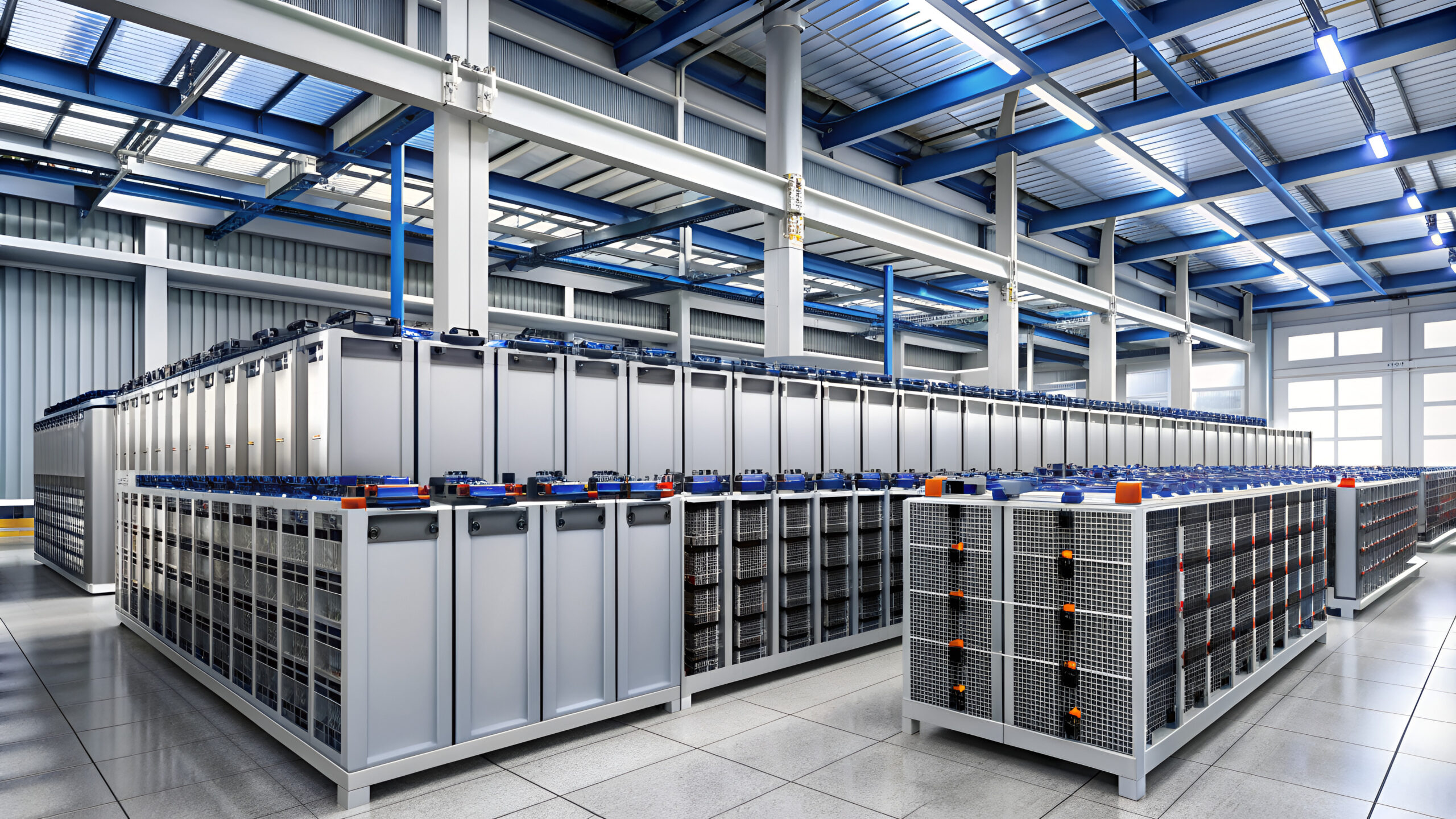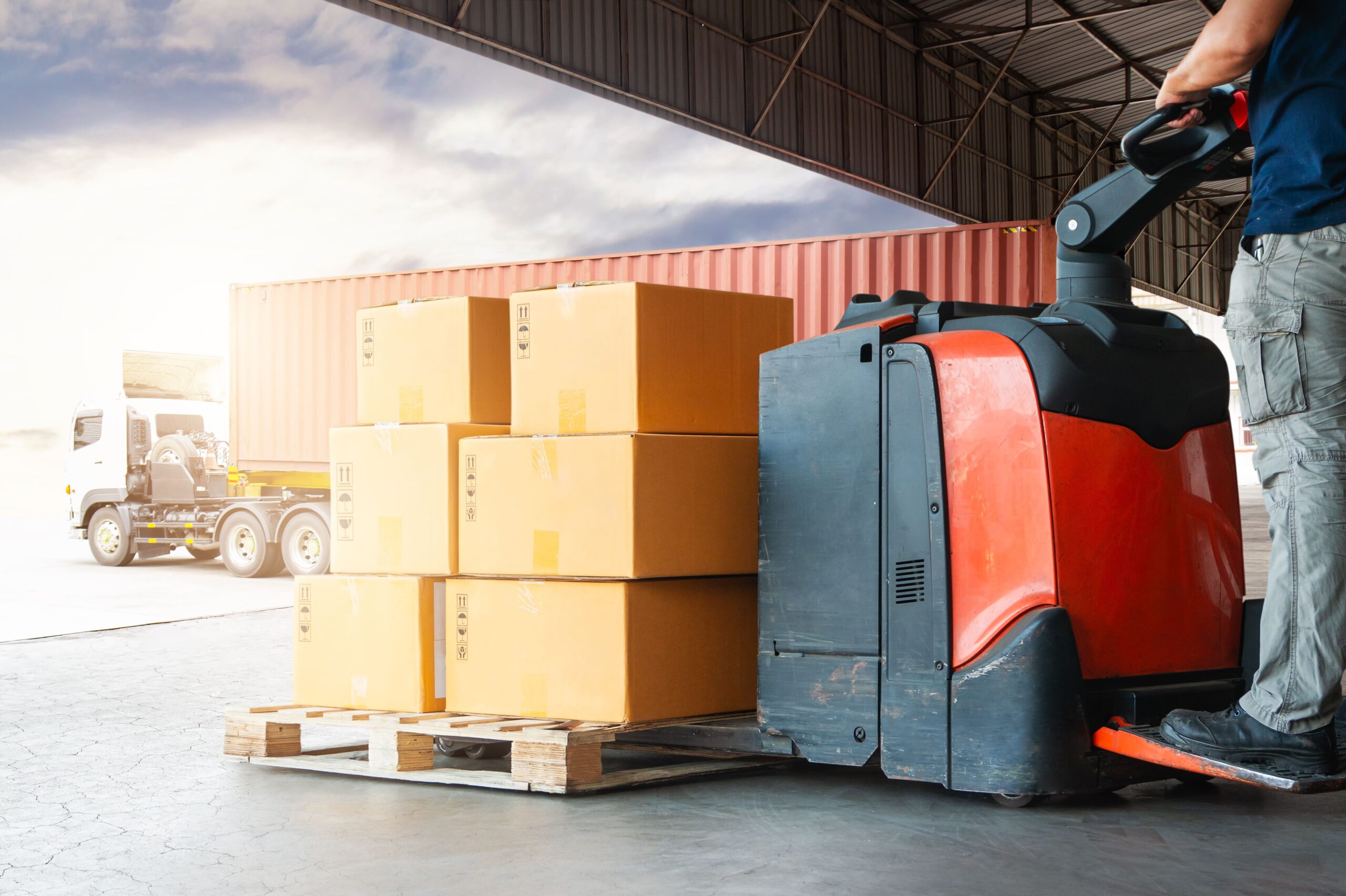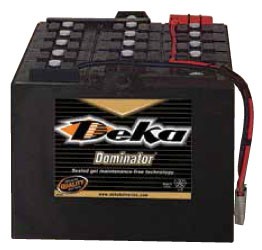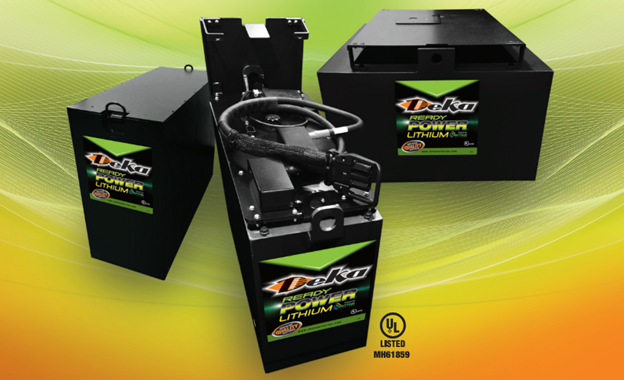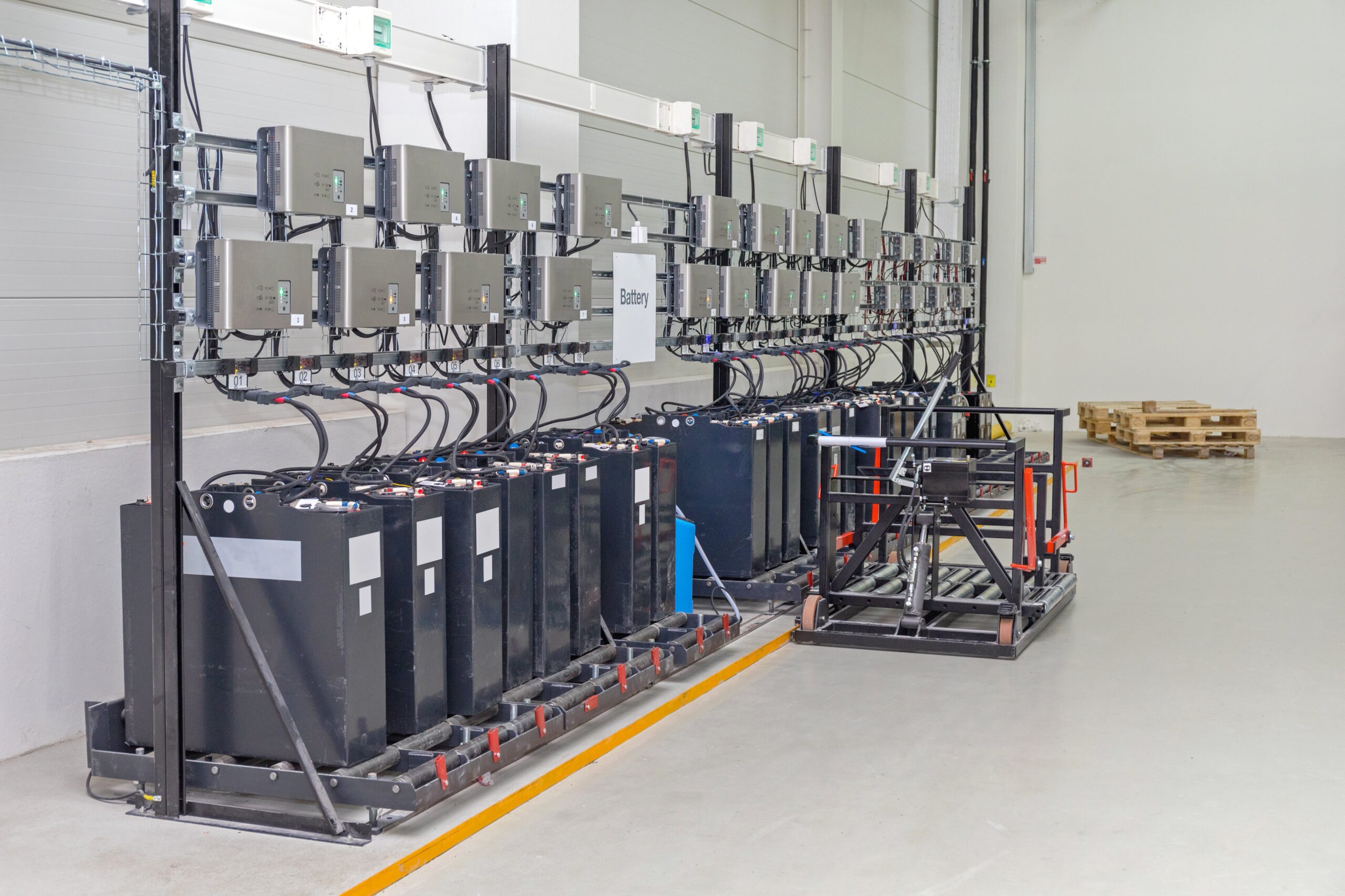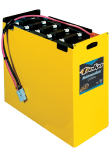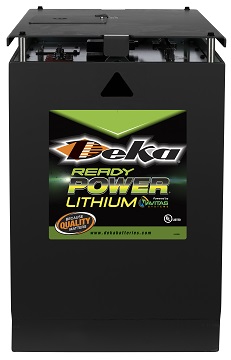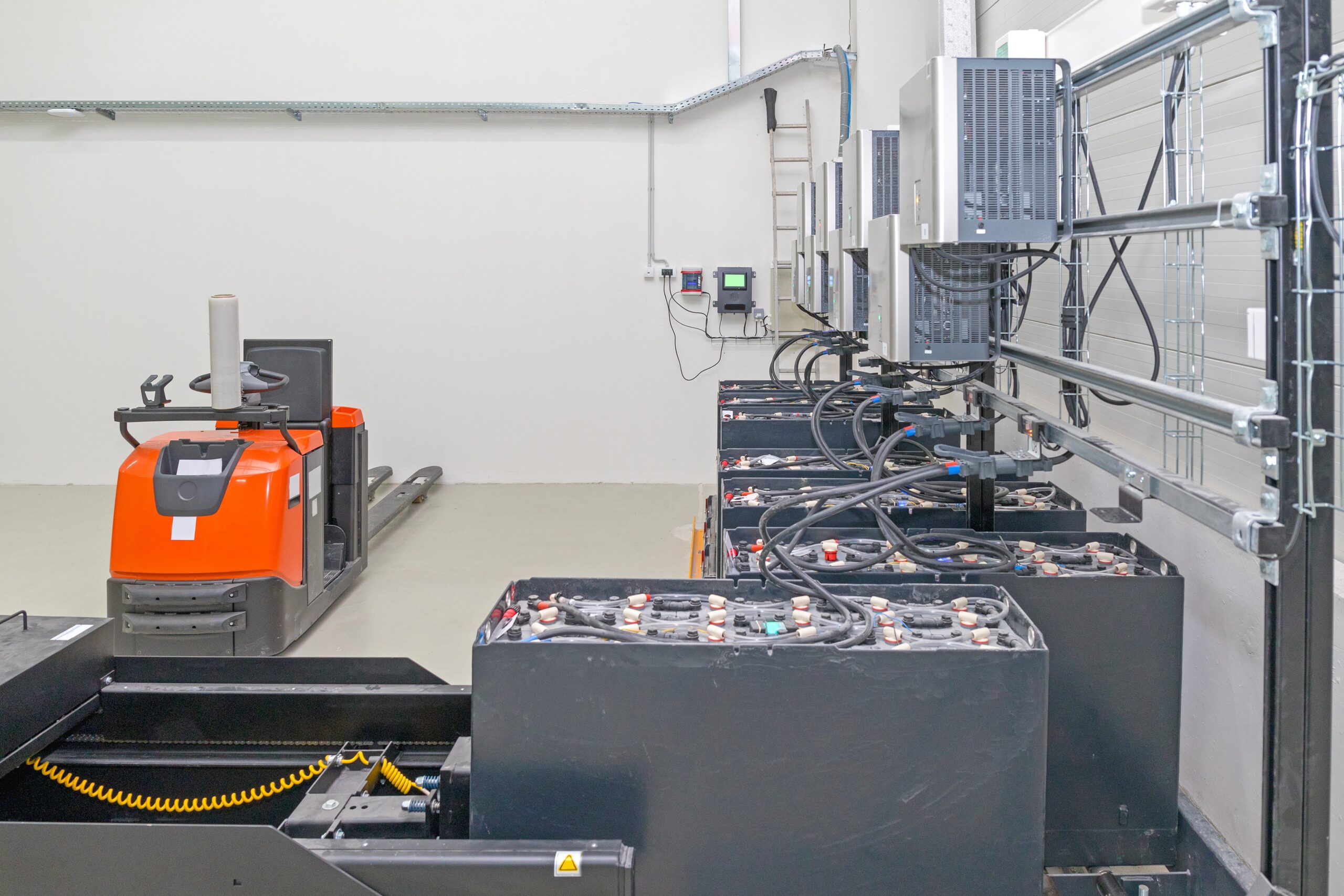Replacing the battery or batteries for your electric pallet jack(s) is not something most organizations think about when leasing or purchasing a new piece of equipment. Inevitably, organizations with long leases or who purchase their pallet jacks will run into the dilemma of needing to replace the batteries.
When this happens, your organization has a decision to make. Should you purchase the cheapest option or buy based on a specific need like extended battery life or a low-maintenance model?
When it comes to batteries, most organizations do not know of the various options at their disposal that could lead to increase productivity or that could improve their long-term total cost of ownership.
To help educate you on the available options and to help you find the best replacement for your electric pallet jack (or other industrial equipment) battery, we have provided insights below.
Understanding Your Pallet Jack’s Battery Needs
Before diving into the buying process, it’s essential to understand the specific requirements of your pallet jack. Industrial pallet jacks come in various shapes and sizes, and their battery needs can vary accordingly.
Your new replacement battery must align with the equipment’s recommendations. There are a few considerations for this.
- Voltage
- Capacity
- Minimum and maximum battery weights
- Measurement of battery (length, width, and height)
- Current battery type and brand
To identify your needs, you can reference the data plate on your electric pallet jack.
However, these data plates can be hard to read or identify what you need. Even if you are unsure, you can still contact a battery supplier and they can help you find a battery that would work.
Once you have the base recommendations for your pallet jack, you can begin exploring the different types and options that fit into your specific make and model.
Types / Options for Pallet Jack Batteries
Electric pallet jack batteries, generally come in two types: lead-acid or lithium-ion. While there are variations (gel, flooded, AGM, etc.) it’s important to have a basic understanding of lead-acid and lithium batteries when purchasing a replacement battery.
Lead-Acid Batteries: Traditional lead-acid batteries have been a staple in the material handling industry for decades. They are cost-effective and robust, capable of handling frequent charging cycles. Lead-acid batteries are known for their durability and suitability for heavy-duty applications. However, they require regular maintenance, including watering and equalization, to ensure optimal performance and longevity.
Lithium-Ion Batteries: In recent years, lithium-ion batteries have emerged as a popular alternative to lead-acid batteries. Known for their high energy density, lightweight design, and fast charging capabilities, lithium-ion batteries offer several advantages. They require minimal maintenance, have a longer lifespan, and provide consistent power output throughout the discharge cycle. While they come with a higher upfront cost, the long-term benefits often outweigh the initial investment.
Lithium batteries are becoming an increasingly readily available option in recent years. Many organizations will still opt for lead-acid batteries but it’s important to know your options especially if you are looking for ways to improve the long-term cost of ownership or an option that provides a longer lifespan with less maintenance.
Considerations for Buying Electric Pallet Jack Batteries
When it comes to buying a replacement battery you have options. Over time battery technology has evolved offering various solutions to many battery frustrations.
So, in addition to having the right specifications for your pallet jacks, you can also consider other needs of your operations to ensure optimal battery performance. Here are some factors to consider:
Cycle Life: Consider the expected number of charge-discharge cycles the battery can endure over its lifespan. A longer cycle life indicates better durability and longevity.
Charging Time: Check the charging time required for the battery. Faster charging times can
reduce downtime and improve operational efficiency.
Maintenance Requirements: Consider the maintenance requirements of the battery. Lead-acid batteries require regular watering and equalization, while lithium-ion batteries typically require minimal maintenance.
Brand and Quality: Choose a reputable brand known for producing high-quality batteries. Quality batteries are more reliable, last longer, and often come with better warranties.
Price vs Cost of Ownership: While price shouldn’t be the sole determining factor, it’s essential to consider your budget. Balance the upfront cost of the battery with its long-term performance and maintenance requirements to make an informed decision.
What does your organization value most? Are your operations being halted by battery charge times? Is maintenance costing your organization too much in wasted man hours? Does your organization require longer-lasting batteries?
There are many battery options available. Identify your organization’s biggest battery pain points and you will likely find a battery solution to help improve it.
Purchase Options
Not only do you have options for the types of batteries available but there are also several options for where and how you can purchase replacement batteries.
Dealership
Organizations often contact the dealership they leased the pallet jack from to find a replacement battery. This is a convenient solution for most because there is already a relationship with the dealership. Keep in mind that dealerships are not battery experts. Those that do offer replacement batteries, likely keep a small stock of batteries with very few options available to choose from.
Battery Supplier
An industrial battery supplier is another option to consider. They specialize in batteries and likely have a variety of options to choose from. Battery suppliers can help answer any questions you have, and find products to fit your unique needs and because they have a large selection, they may be a more affordable option compared to your equipment dealership.
Lease batteries
Leasing power is a fairly new option for replacing your batteries. Instead of purchasing a battery outright, you can lease it for a low monthly cost. Like leasing equipment, this is a great option to avoid a large upfront cost while minimizing the need for maintenance and battery replacements down the road. The company that leases the batteries will ensure they are running optimally and will replace the batteries when needed to ensure your operations continue running smoothly.
As we’ve explored, there are many options for replacing your electric pallet jack batteries. If you have questions or want to discuss battery replacement options, then contact us. We can help you find the right replacement battery for your electric pallet jack needs.

